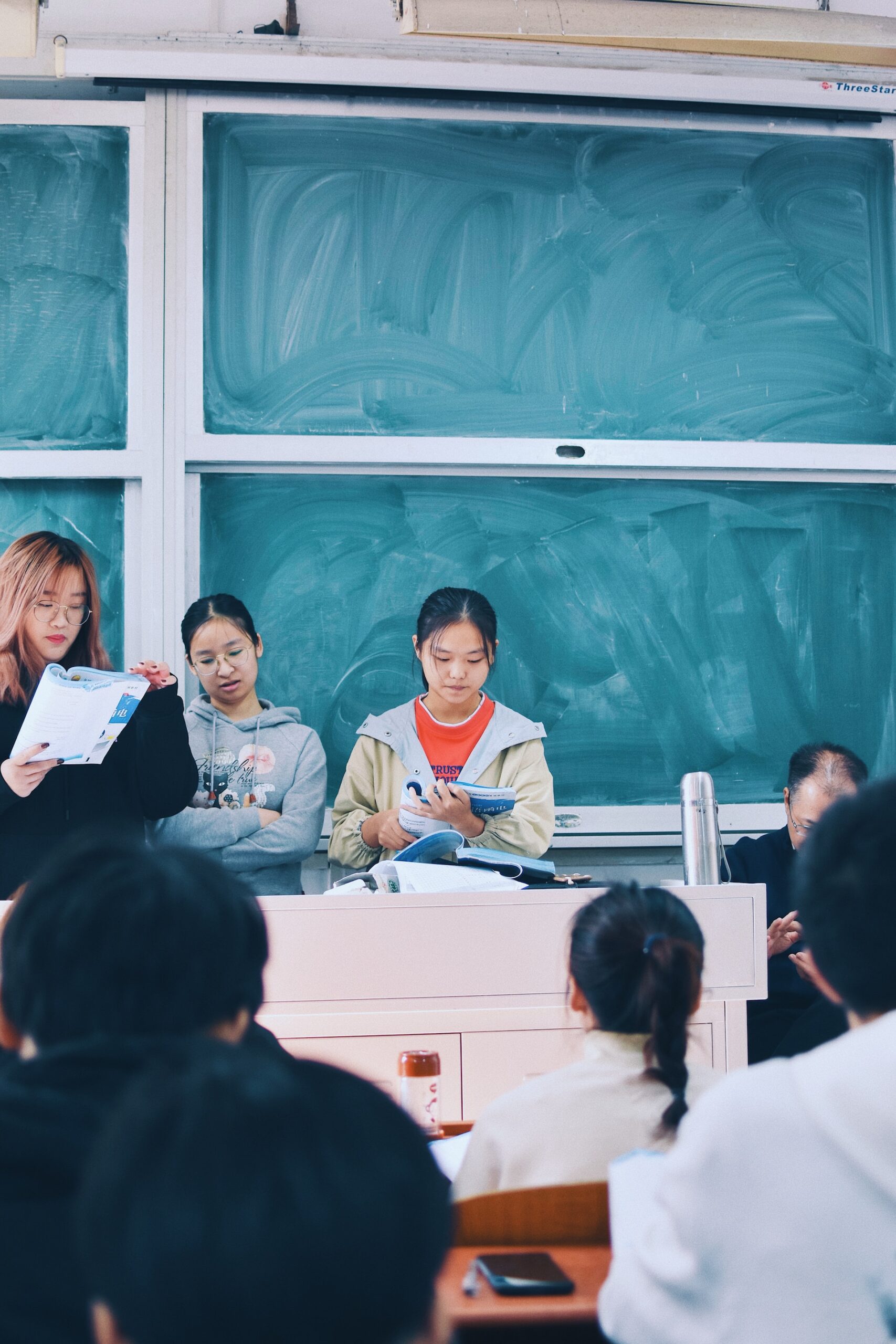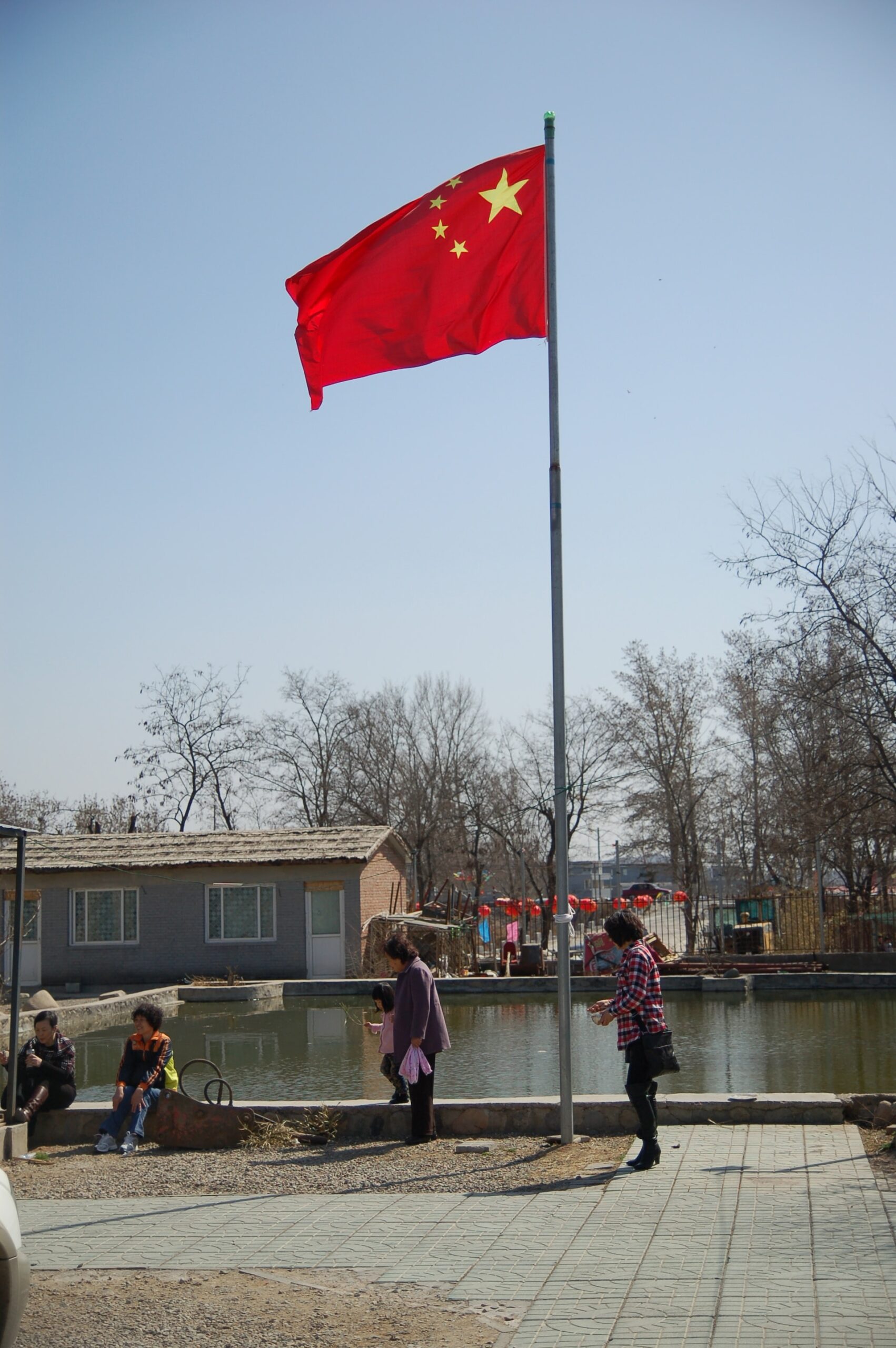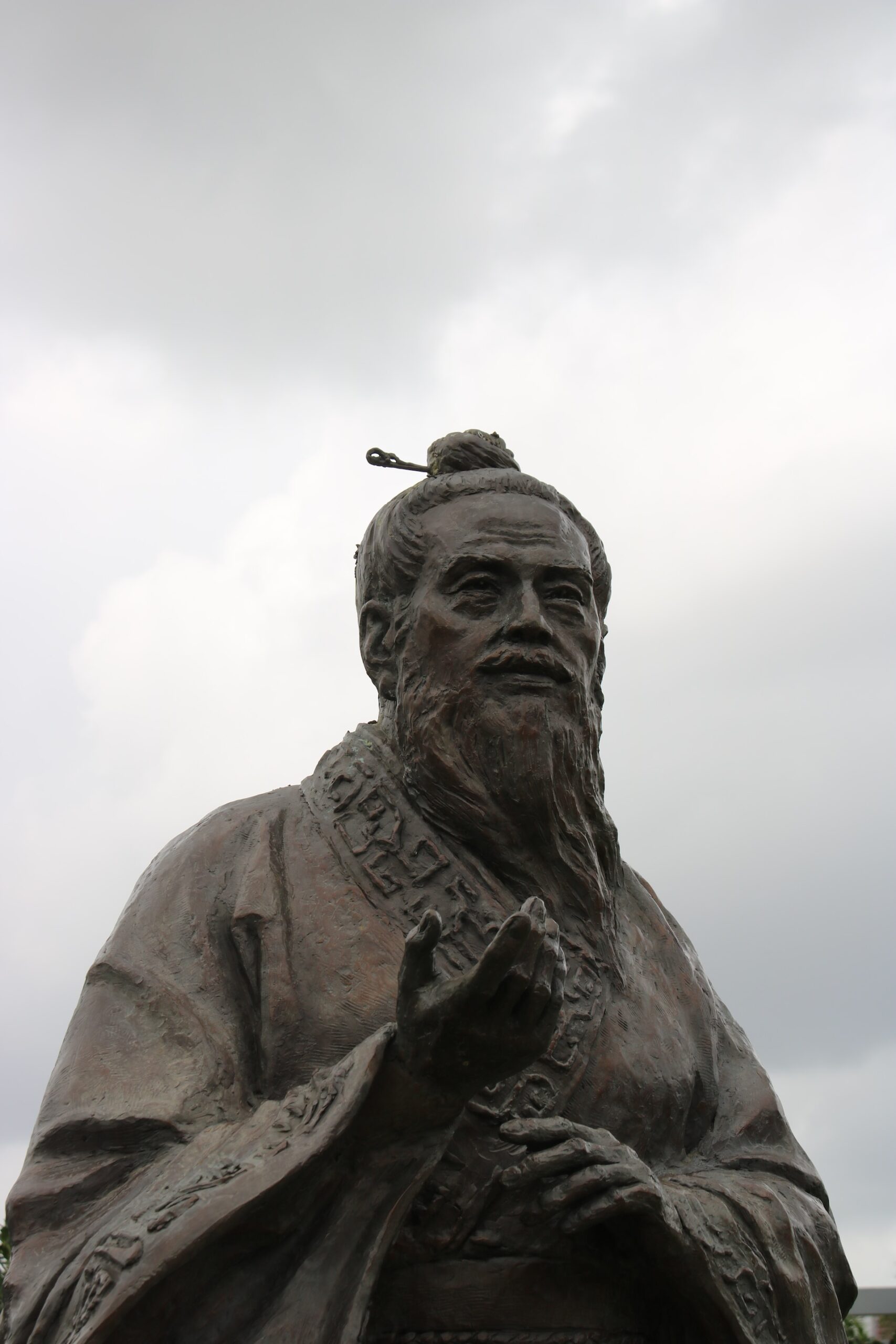Shaping Worldviews: Censorship and Influence on Students

In the context of education and schools, China’s approach to restricting foreign funds for LGBT-related events and content involves a combination of censorship, control over educational materials, and an emphasis on traditional values. The government exerts significant influence over the curriculum and educational resources to align with its political and cultural agenda. Here’s how this aspect plays out:
The Power of Control: China Government Oversight of Curriculum Content
The Chinese government closely supervises and approves educational content, including textbooks and teaching materials. This oversight extends to discussions of sensitive topics such as LGBT issues. As a result, curriculum content tends to reflect traditional norms and values while avoiding subjects that might challenge or deviate from these norms.
Shaping Minds: Selective Inclusion and Historical Emphasis

Please follow us on Facebook.
Chinese educational authorities carefully curate curriculum content to align with prevailing cultural and ideological norms. This often results in the selective inclusion of information that reinforces traditional concepts of gender roles, relationships, and family structures, while omitting or downplaying content that challenges these norms.
Molding Perspectives: Reinforcing Traditional Gender Norms
When discussing relationships and societal norms, educational materials tend to emphasize China’s historical and cultural contexts, often sidelining discussions of contemporary issues, including those related to LGBT experiences and rights.
Heteronormativity Prevails: Erasing Alternative Identities
Curriculum content often adheres to a heteronormative framework, assuming that heterosexuality is the norm and failing to acknowledge or discuss alternative sexual orientations or gender identities. This perpetuates a limited understanding of human diversity.
Avoidance of Controversy in Education: The Shrouded Silence on Sensitive Topics
Sensitive and potentially controversial topics, such as homosexuality and transgender identities, are frequently avoided or discussed minimally to prevent disrupting the established narrative and social order.
If LGBT-related topics are mentioned, they may be presented in a negative or stigmatizing manner, contributing to misunderstandings and reinforcing societal biases against LGBT individuals.
Prioritization of Academic Subjects: Inadequate Understanding of Sexual Health and Relationships

Sex education, when provided, often focuses on reproductive health and anatomy, with limited attention to topics such as sexual orientation, gender identity, and healthy relationships. This lack of comprehensive sex education perpetuates misinformation and perpetuates stigmatization.
Chinese society places a strong emphasis on parental authority and involvement in education. Parents might feel uncomfortable or ill-equipped to discuss sexual topics with their children, leading to a lack of pressure for comprehensive sex education in schools.
China’s education system places a heavy emphasis on academic achievement and standardized testing. As a result, there might be a tendency to prioritize subjects perceived as more directly relevant to exam performance, leaving limited room for comprehensive sex education.
Teachers in China may receive limited training on how to deliver comprehensive sex education effectively and sensitively. This can contribute to a reluctance to address these topics in the classroom.
Fostering Unity: National Identity vs. Marginalized Voices

Sign up for more LGBTQ+ news and updates at TrueQueer.
The curriculum is often designed to reinforce a sense of national identity and unity. Discussions of LGBT issues may be deemed contrary to this goal, leading to their exclusion or marginalization.
To foster a unified national identity, there’s a tendency to downplay or exclude topics that might be perceived as deviating from mainstream social norms. LGBT-related content, which challenges traditional views of relationships and gender roles, can be seen as potentially disruptive to this harmonious narrative.
By omitting LGBT perspectives and experiences, the curriculum fails to reflect the diversity of human identities and relationships, limiting students’ ability to develop empathy and understanding for individuals with different backgrounds.
Hostile Environments: Insufficient Guidance for Identity Struggles
If LGBT-related topics are discussed, they may be presented negatively or pathologized, reinforcing stereotypes or misconceptions. This portrayal can perpetuate stigma and discrimination against LGBT individuals.
Many schools in China lack resources or mechanisms to provide safe and supportive environments for LGBT students. This can result in a hostile atmosphere or a lack of proper guidance for those who may be struggling with their identity.
Confucian Constraints: Traditional Values vs. Non-Conforming Identities

Traditional Confucian values, which emphasize conformity, family harmony, and adherence to social norms, may discourage open discussions about non-conforming identities, including those related to the LGBT community.
Knowledge in Chains: Limited Research and Scholarship on LGBT Topics
The restriction of foreign funds and limited academic freedom may hinder research and scholarship on LGBT topics within Chinese universities and institutions. This lack of research can contribute to a lack of understanding and awareness in society.
The constrained environment of academic freedom within China compounds the problem. Scholars and researchers, apprehensive of potential repercussions, may feel compelled to avoid or downplay LGBT-related topics to safeguard their academic careers. This reluctance hampers the generation of accurate and impactful research that could shed light on the challenges faced by LGBT individuals and advocate for their rights within the society.
It’s important to note that while these restrictions have been observed, there are also individuals and groups within China who are working to promote more inclusive and accurate education about LGBT issues. Over time, attitudes and policies might evolve, leading to more open discussions and understanding within the educational system.
Follow us on Facebook
![]()

![[Insights Into Governance] 6 Alarming Ways China’s Education System Silences LGBT Content and Discussion [Insights Into Governance] 6 Alarming Ways China’s Education System Silences LGBT Content and Discussion](https://truequeer.com/wp-content/uploads/2023/08/b-mat-an-gelo-W-Lc86-nVIA-unsplash-1362x2048.jpg)